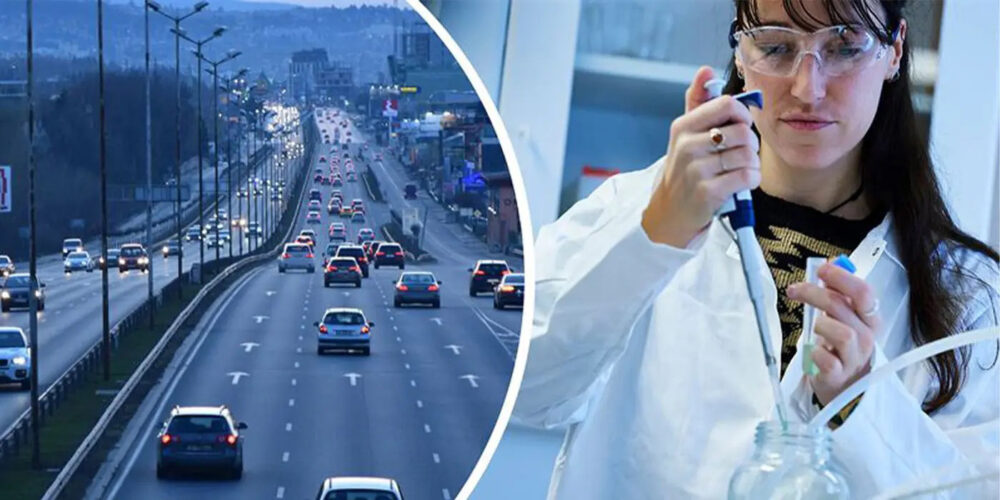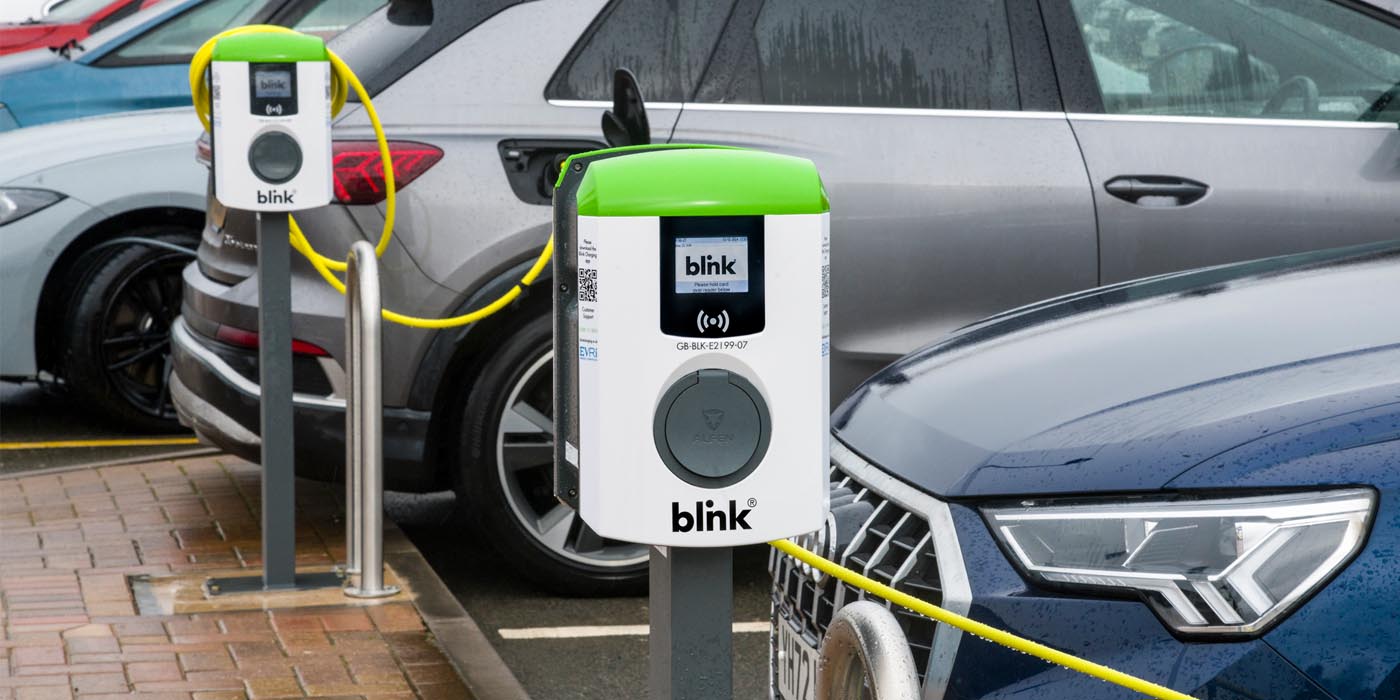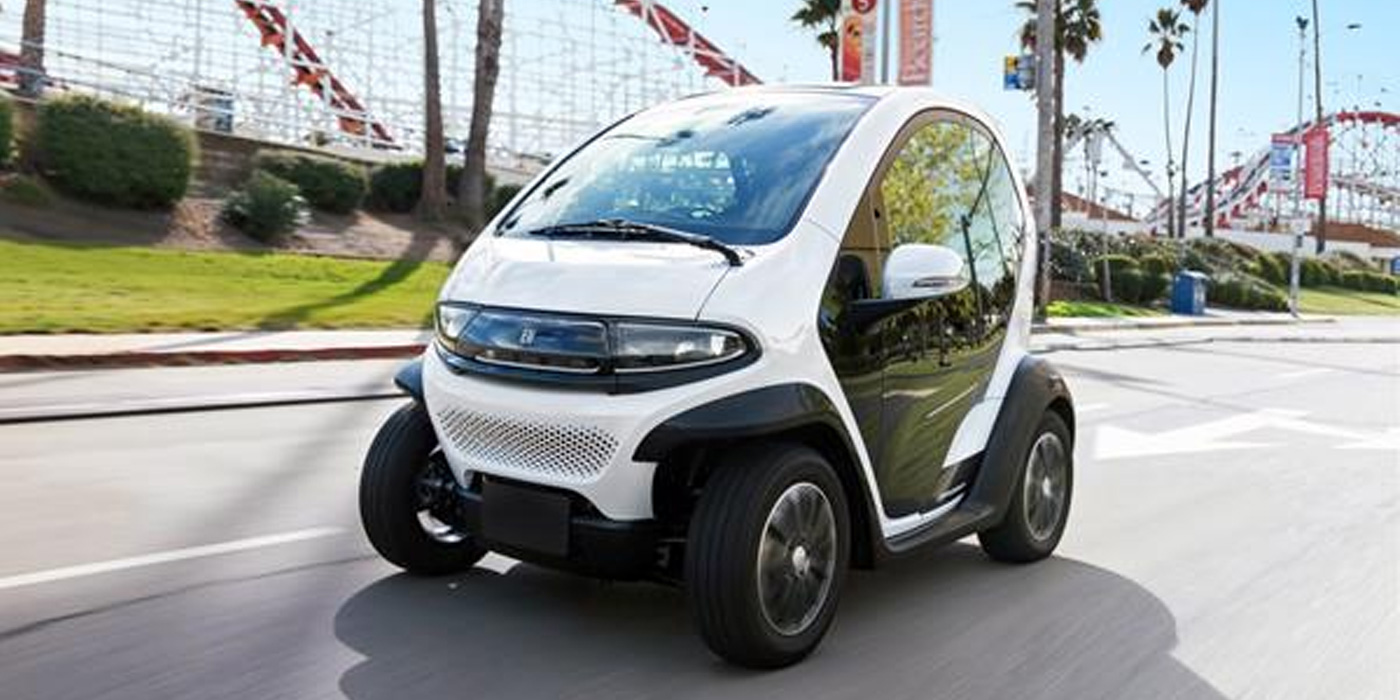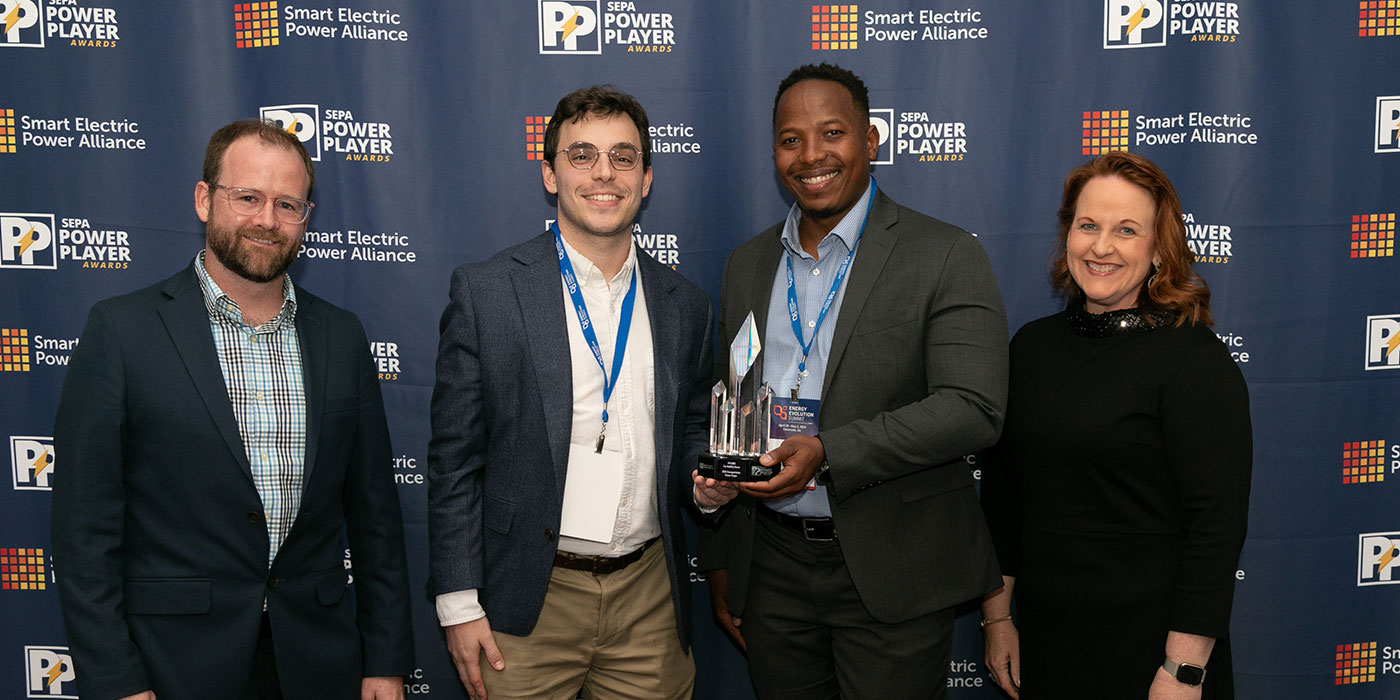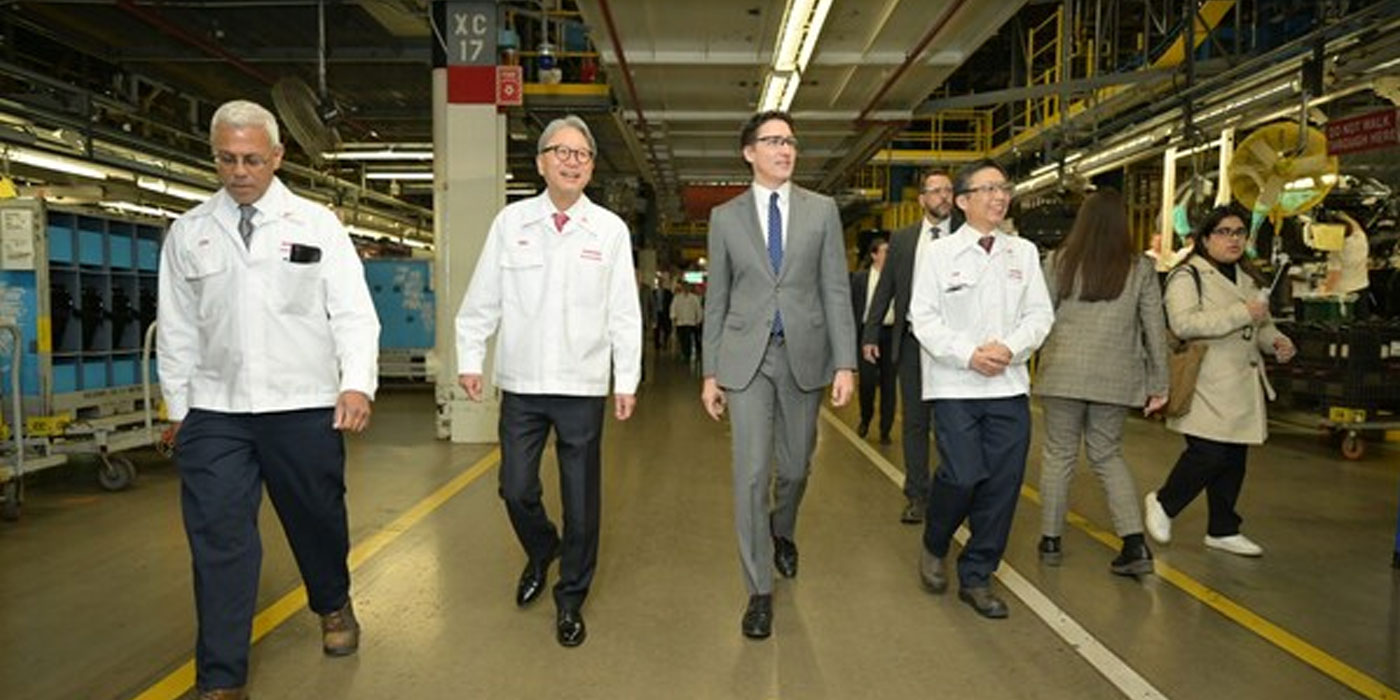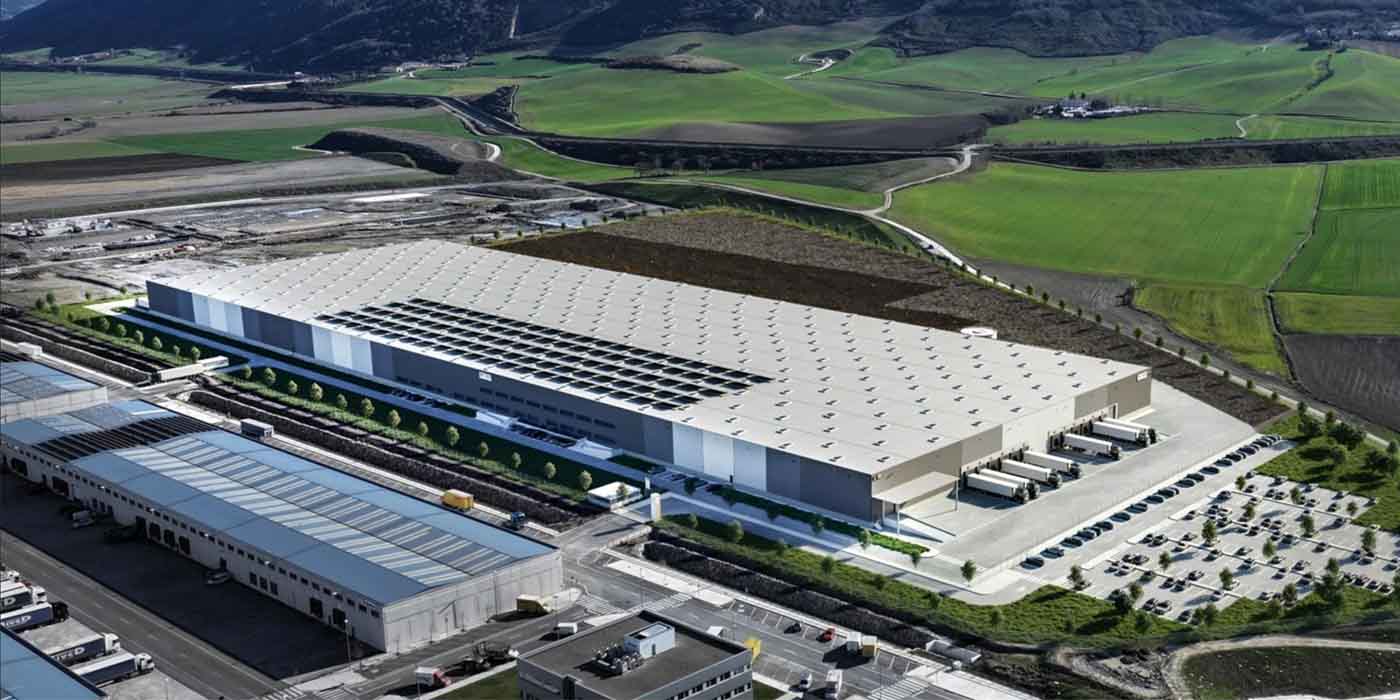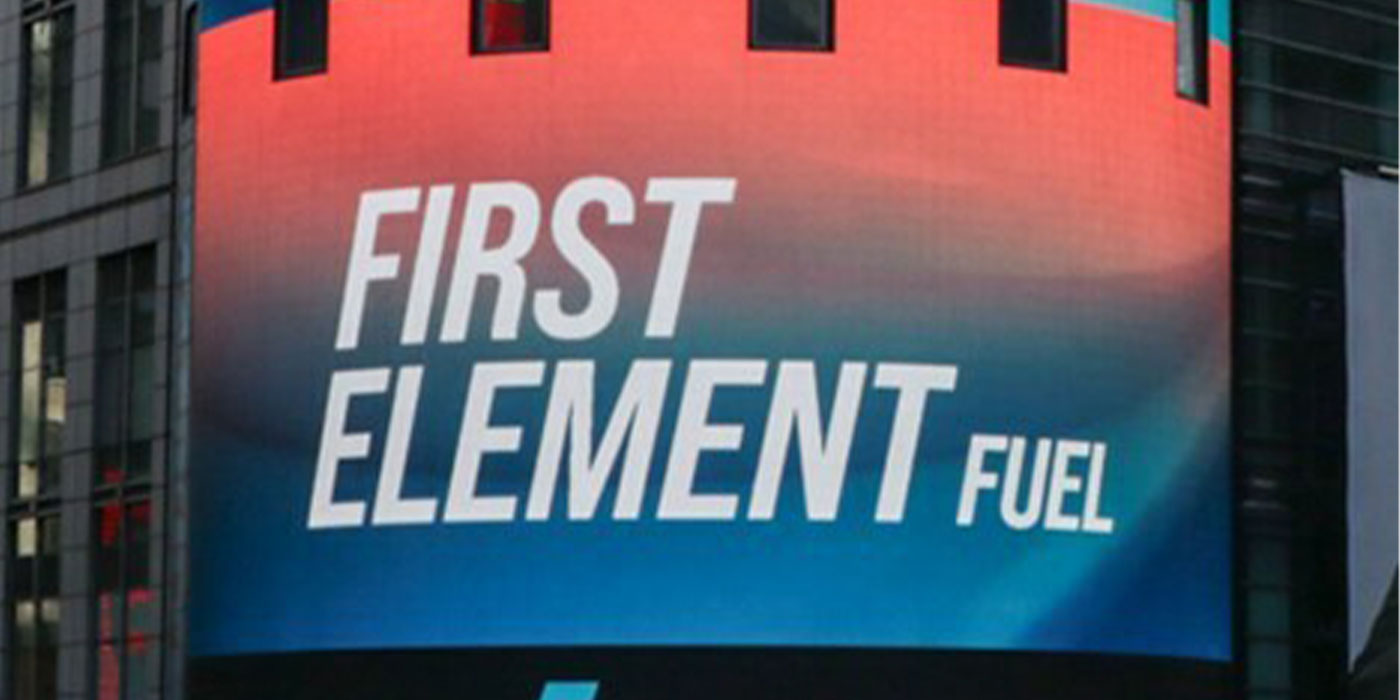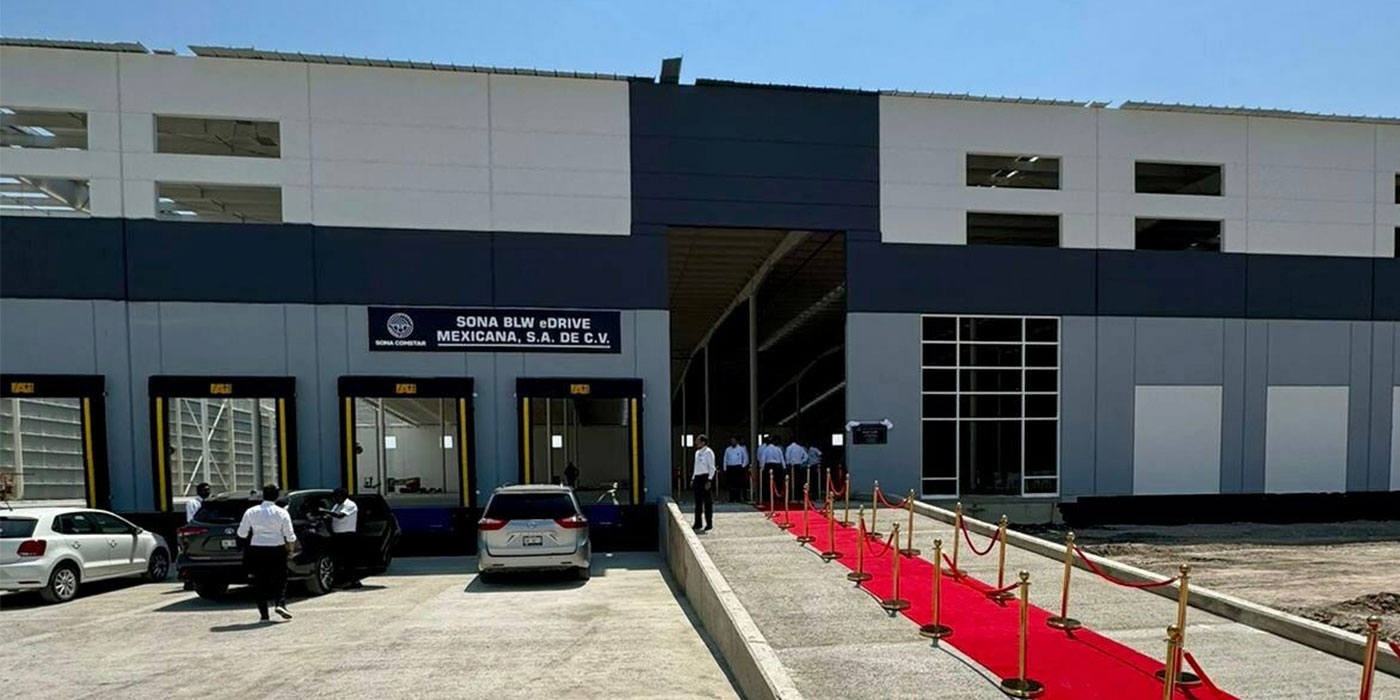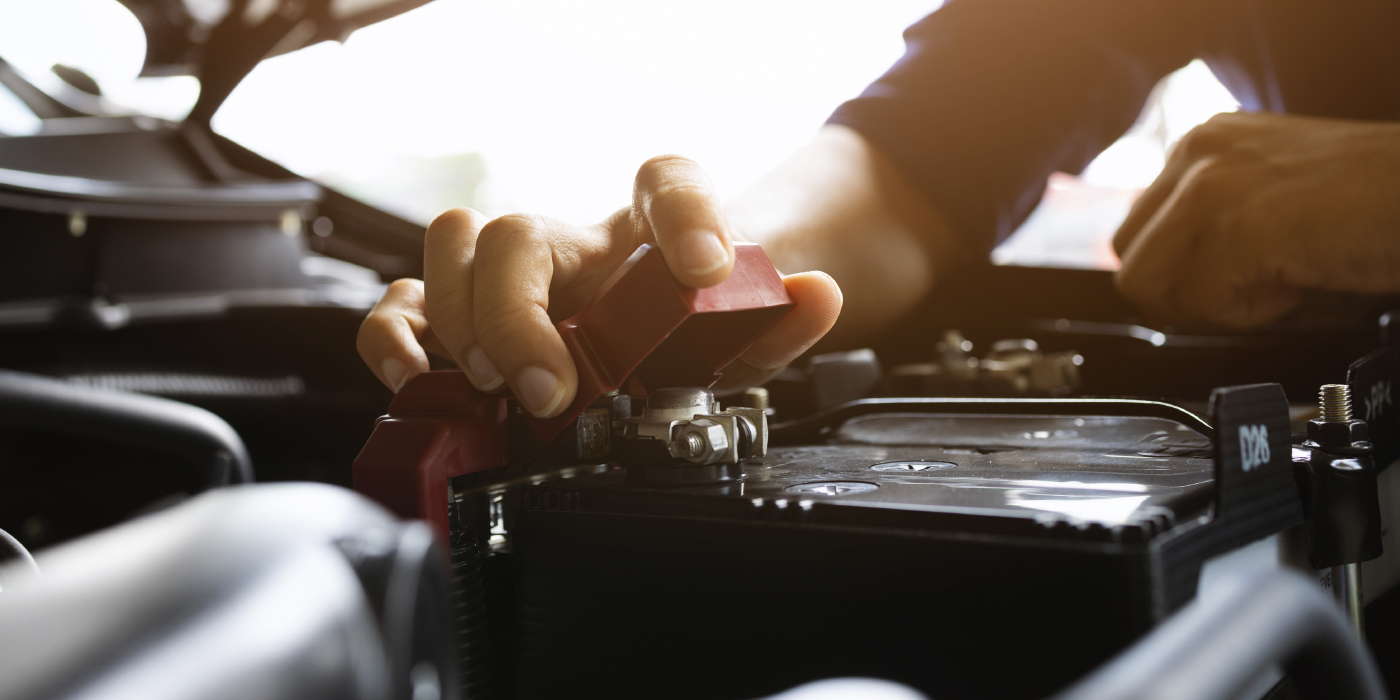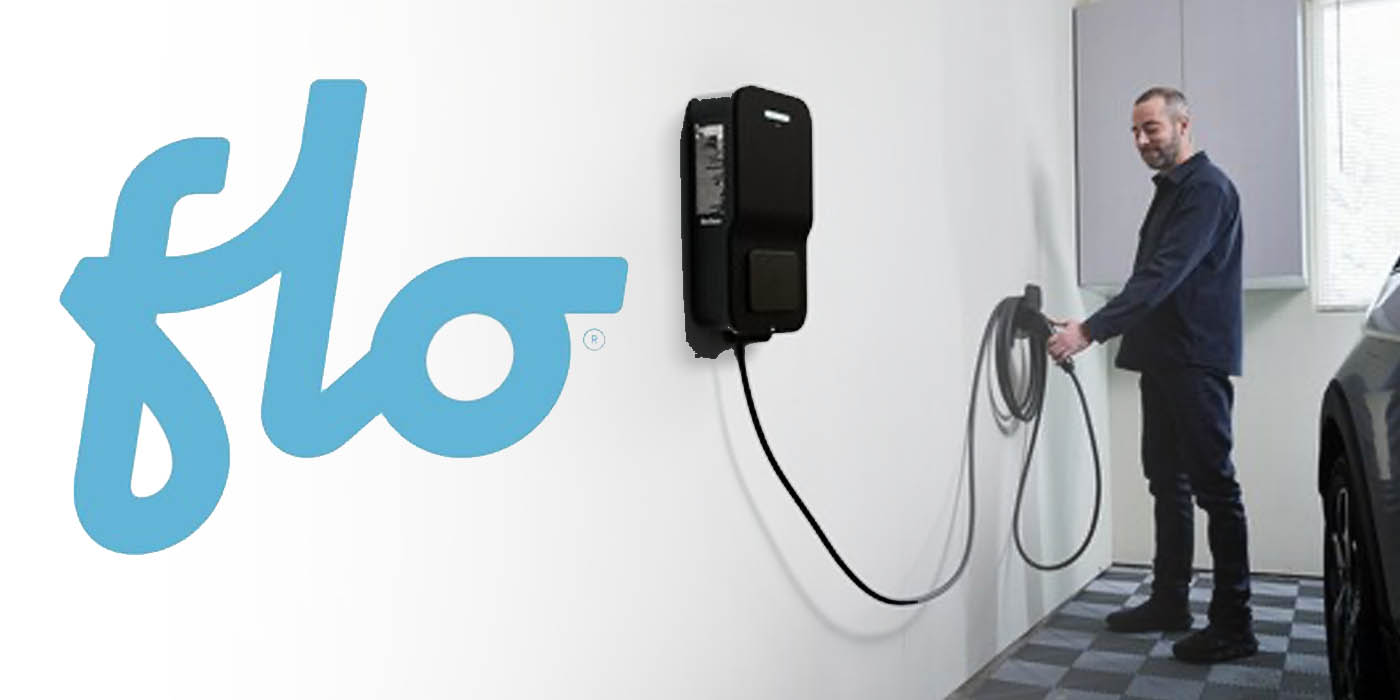Researchers at Chalmers University of Technology in Sweden, are presenting a new way to recycle metals from spent electric car batteries. The method allows the recovery of 100% of the aluminum and 98% of the lithium in electric car batteries, and at the same time, the loss of valuable raw materials such as nickel, cobalt and manganese is minimized, the researchers said. No expensive or harmful chemicals are required in the process, researchers said, because they use oxalic acid – an organic acid that can be found in the plant kingdom.
“So far, no one has managed to find exactly the right conditions for separating this much lithium using oxalic acid, whilst also removing all the aluminum,” said Léa Rouquette, PhD student at the Department of Chemistry and Chemical Engineering at Chalmers. “Since all batteries contain aluminum, we need to be able to remove it without losing the other metals.”
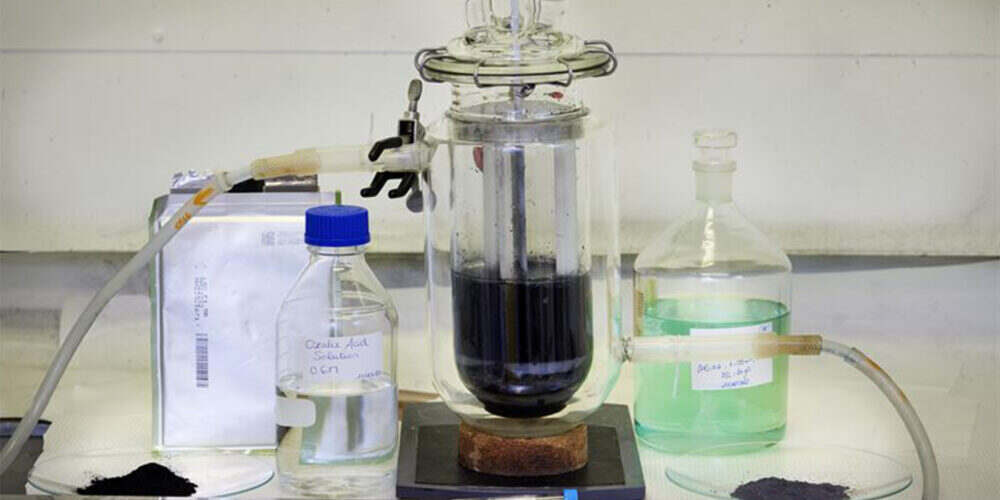
Rouquette and research leader Martina Petranikova showed how the new method works. The lab has spent car battery cells and, in the fume cupboard, their pulverized contents. This takes the form of a finely ground black powder dissolved in a transparent liquid – oxalic acid. Rouquette said she produces both the powder and the liquid in something reminiscent of a kitchen mixer. By fine-tuning temperature, concentration and time, the researchers have come up with a new recipe for using oxalic acid – an environmentally friendly ingredient that can be found in plants such as rhubarb and spinach, researchers said.
The aqueous-based recycling method is called hydrometallurgy. According to researchers, in traditional hydrometallurgy, all the metals in an EV battery cell are dissolved in an inorganic acid. Then, you remove the “impurities” such as aluminum and copper. Lastly, you can separately recover valuable metals such as cobalt, nickel, manganese and lithium. Even though the amount of residual aluminum and copper is small, it requires several purification steps and each step in this process can cause lithium loss. With the new method, the researchers said they reversed the order and recovered the lithium and aluminum first. Thus, they can reduce the waste of valuable metals needed to make new batteries.
The latter part of the process, in which the black mixture is filtered, is also reminiscent of brewing coffee, researchers said. While aluminum and lithium end up in the liquid, the other metals are left in the “solids”. The next step in the process is to separate aluminum and lithium.

